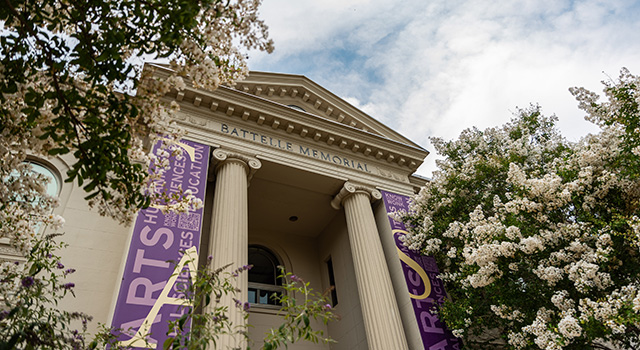
The College prepares students for lives of purpose, service, and leadership by delivering a world-class liberal arts and sciences education rooted in diverse perspectives and experiential learning.
Contact Us
Battelle-Tompkins , Room 200 on a map
CAS Dean's Office 4400 Massachusetts Avenue NW Washington, DC 20016-8012 United States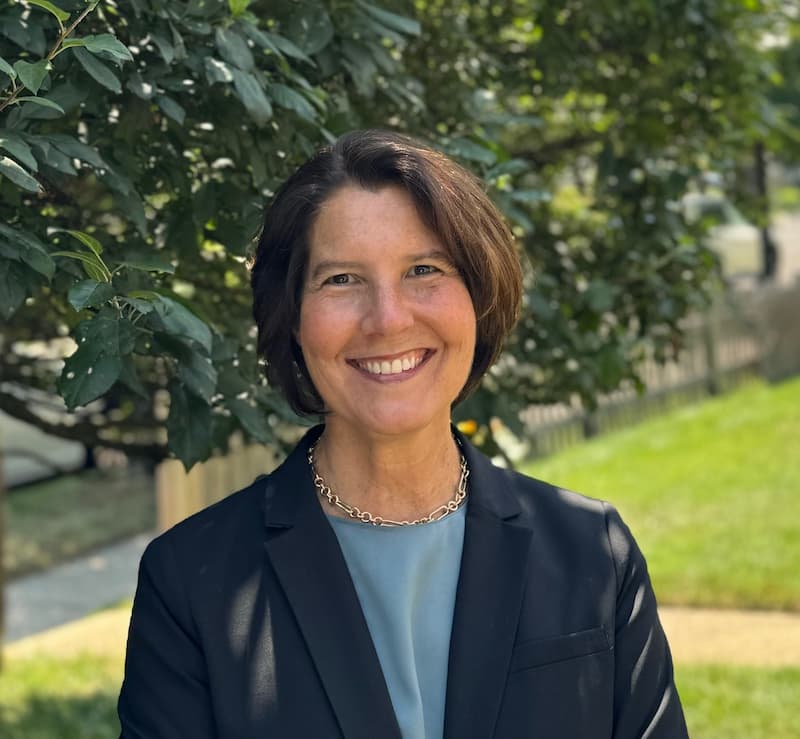
Our graduates proudly go out into the world as critical thinkers and problem solvers.
“Whether it’s ethics, artificial intelligence, space science, social justice, performing arts or biomedical training for medical school, our expert researchers conduct groundbreaking scholarship and complete award-winning publications alongside their students.”
About the College
Browse all College of Arts & Sciences degrees & programs
Please see also all CAS Undergraduate Degrees/Certificates and all Graduate Degrees/Certificates — or contact a CAS Academic Advisor. Most programs also offer minors and certificates.
Arts
- Art History (BA, MA)
- Arts Management (MA)
- Audio Technology (BA, BS, MA)
- Game Design (MA, MFA)
- Creative Writing (BA track, MFA)
- Dance (BA)
- Graphic Design (BA)
- Music (BA)
- Photography (BA)
- Studio Art (BA, MFA)
- Theatre & Musical Theatre (BA)
Humanities
- African American & Diaspora Studies (BA)
- American Studies (BA)
- Arabic Studies(BA)
- Arab World Studies
- Art History (BA, MA)
- Creative Writing (BA track, MFA)
- Ethics, Peace & Human Rights (MA)
- French Studies (BA)
- German Studies (BA)
- History (BA, MA, PhD)
- Israel Studies (minor)
- Jewish Studies (BA)
- LEAD (certficate)
- Linguistics (minor)
- Literature (BA)
- Literature, Culture, & Technology (MA)
- Philosophy (BA, MA)
- Religious Studies (BA)
- Russian Studies (BA)
- Spanish Studies (BA)
- TESOL (MA)
- Women's, Gender, and Sexuality Studies (BA)
Sciences & Social Sciences
- Anthropology (BA, MA)
- Audio Technology (BA, BS, MA)
- Behavior, Cognition, & Neuroscience (PhD)
- Biology (BS, MA, MS)
- Biotechnology (MS)
- Chemistry (BS, MS)
- Computer Science (BA, BS, MS)
- Data Science (BS, MS, MS Online)
- Digital Technology (certificate)
- Economics (BA, BS, MA, PhD)
- Engineering (Dual Degree)
- Environmental Science (BA, BS, MS)
- Game Design (MA, MFA)
- Mathematics & Statistics (BA, BS, MS)
- Neuroscience (BS, PhD)
- Physics (BA, BS)
- Premed & Postbacc (certificate)
- Psychology (BA, MA, PhD)
- Public Health (BA, BS, MA)
- Science and Policy (certificate)
- Sociology (BA, MA)
- TESOL (MA)
News & Events

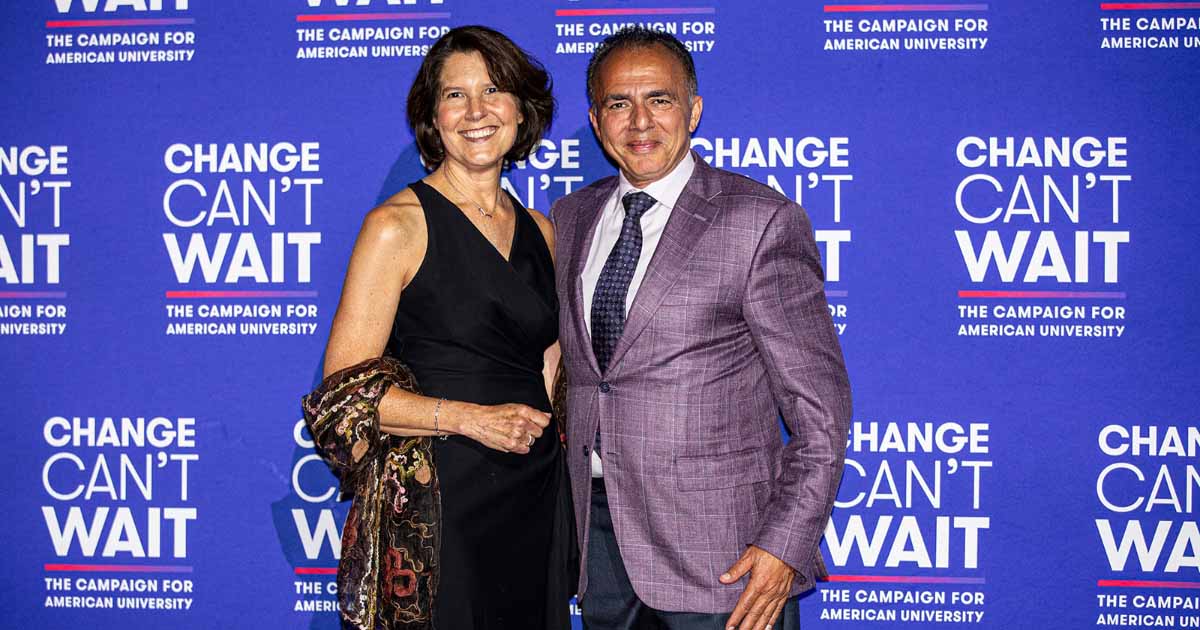
Gift Establishes New Fund for AI Research at CAS

SCOTUS to Decide on Domestic Violence Gun Restrictions: Why It Matters

Infinite Possibilities of Seeing: The Paintings of Jack Boul

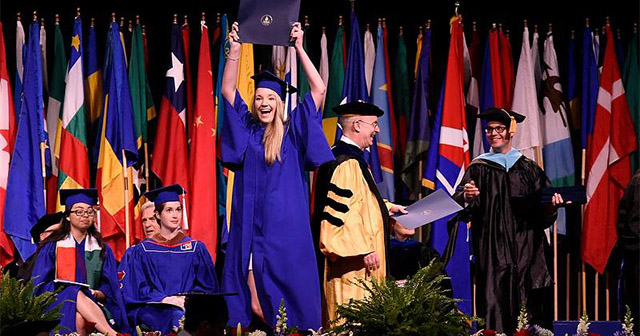
Achievements
CAS faculty and students are making their mark on the world. See their latest achievements, awards, and honors.
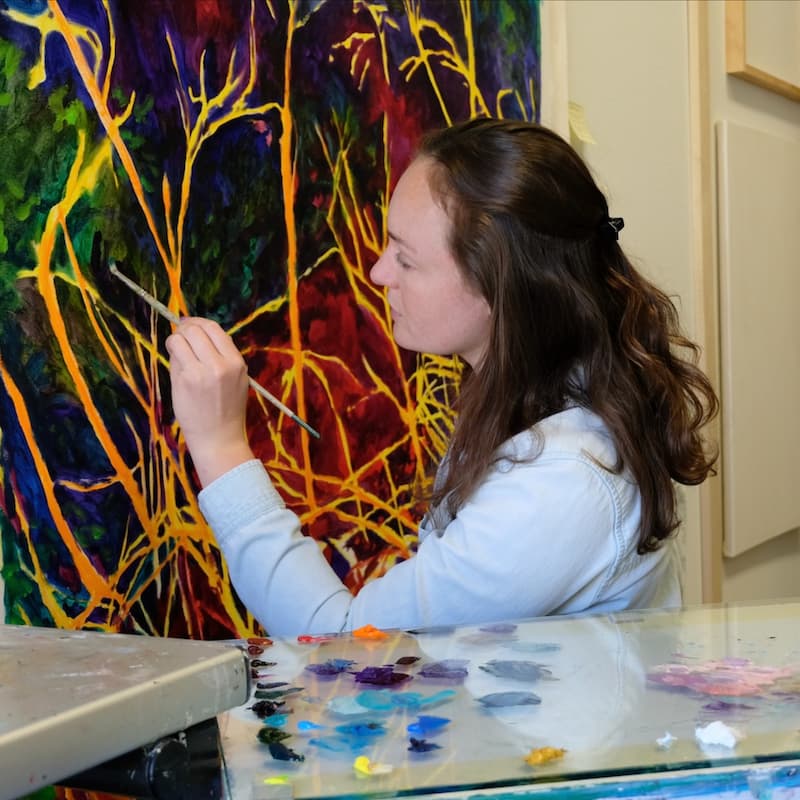
Lindsay MuellerMFA Studio Art ‘24
More about Lindsay
“I’m here to push my artistic practice so I have the energy, self-critique, and discipline to keep growing beyond graduation.”
As a child, Lindsay Mueller’s school art classes were supplemented by weekly classes taught by a neighbor, a local artist. “By high school I realized I could take it more seriously,” Mueller says. “I applied to some art schools in addition to non-art schools. I wasn’t sure how viable it was as a career—it wasn’t the most practical choice to make where I grew up.”
Mueller attended Boston University for a dual degree program in psychology and art. “I realized I could do both, but I spent most of my time in the school of visual arts and was involved in the community there.” After graduation, Mueller moved to Northern Virginia and became an arts coordinator at a retirement community, teaching classes and curating exhibitions. “It was helpful to have a community arts perspective, not just academic art.”
Since enrolling in the MFA program at AU, Mueller has focused on pushing her artistic practice. Her paintings have expanded to become more sculptural with three-dimensional surfaces. “I feel freer to use vibrant colors and to be more inventive in the work,” she says. Working alongside a close-knit cohort of students and professors has also helped Mueller grow as an artist. “They’re people I can really talk to after graduation. They care about my practice and are interested in what I’m doing—they’ve been generous.”
Mueller’s work is drawing attention. Last year, she won the Young Artist Award in the Bethesda Painting Awards, an annual juried art competition honoring accomplished painters in the area. Her work, Slow Collision, was featured in a group exhibition at Gallery B. While focusing on her painting, Mueller has continued to teach as an instructor at the Museum of Contemporary Art, Arlington, and as a TA at AU. “I love teaching—I get to exchange ideas with others,” she says.

Jordan Prassinos
MA, Economics
More about Jordan
While living in Idaho and completing his master’s degree entirely online, Jordan Prassinos (MA Economics ’24) has received American University’s 2024 Jose and Ursula Epstein Prize for outstanding performance in the MA in Economics program.
Jordan’s classroom performance was exceptional, says Professor and Department Chair Kara Reynolds. He also produced a standout capstone, which examined whether democratic institutions enhance the impact of financial development on economic growth in emerging markets. Given Jordan’s findings that robust democratic institutions must go hand in hand with strong financial institutions to promote economic growth, the apparent decline in democratic institutions worldwide could result in a decline in economic growth later down the line.
Jordan, who has two small children, says it was challenging at times to balance work, family, and the program. But it was all very worthwhile. “Planning and consistency were the key,” he explains. “There were several times when I felt overwhelmed, but with confidence in myself and a good study plan for the day, week, and month, I knew it would be okay. Consistency won the day.”
Jordan notes that American University’s Economics program does not require students to memorize every equation. Instead, it encourages them to think more broadly and understand the intuition behind economic models. “Understanding 'the why' helps students to critically think through concepts and problems,” he says.

